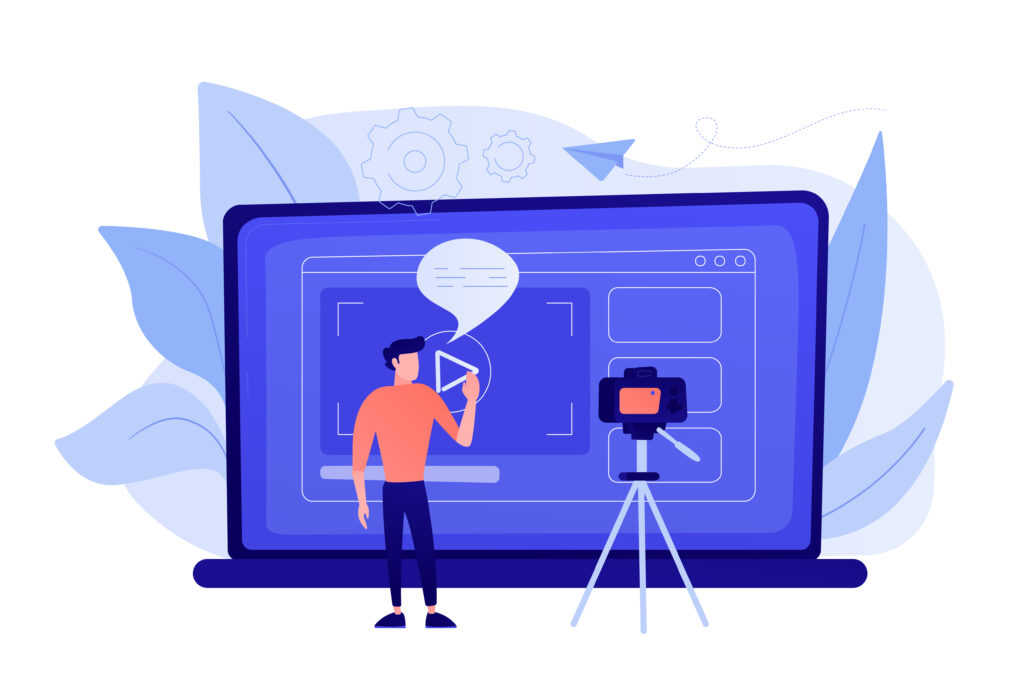Pay-per-click (PPC) advertising is a form of digital marketing where advertisers pay each time a user clicks on one of their ads. It is a cost-effective way for businesses to reach the target audience and drive traffic to their website.
PPC advertising is typically used to promote products or services and can be found on search engines, social media platforms, and websites. Pay-per-click (PPC) advertising has come a long way since its inception in the late 1990s.
As technology evolves and consumer behavior changes, the way businesses approach PPC advertising is also evolving. The following are the common trends that emerged in Pay-per-click advertising.
1. Artificial Intelligence and Machine Learning
One of the biggest trends in PPC advertising is the integration of artificial intelligence (AI) and machine learning (ML). These technologies have revolutionized the way PPC campaigns are created, managed, and optimized.
AI algorithms can analyze vast amounts of data in real-time, making it possible to identify patterns, trends, and opportunities that would have otherwise gone unnoticed. With the help of AI and ML, advertisers can now make data-driven decisions and automate routine tasks, freeing up time and resources to focus on more strategic activities. You can also visit the PPC Management Dubai for additional reference.
2. Voice Search Optimization
As voice search continues to grow in popularity, it’s becoming increasingly important for advertisers to optimize their PPC campaigns for voice search. Voice search queries are often more conversational and longer than text-based searches, which means that advertisers need to take a different approach when targeting these types of searches.
This includes optimizing ad copy, keywords, and landing pages for voice search and making sure that your website is optimized for mobile devices, which are the most common device used for voice searches.
3. Increased Focus on Local Search
Local search is becoming increasingly important for businesses of all sizes. Consumers are using their smartphones to search for products and services nearby, and businesses need to be visible in these searches to capture this growing market.
PPC advertisers can use location-based keywords and geotargeting to reach consumers in specific geographic areas and drive foot traffic to their brick and mortar locations.
4. Cross-Device Tracking
Cross-device tracking is becoming increasingly important for PPC advertisers, as consumers use multiple devices throughout the day. Advertisers need to be able to track the behavior of users across devices, from desktop to mobile and everything in between.
This information can be used to create more targeted and effective PPC campaigns, which will ultimately result in higher conversions and a better return on investment.
5. Video Advertising

Video advertising is growing in popularity, and it’s becoming an increasingly important component of PPC advertising. Video ads are engaging, attention-grabbing, and they provide an opportunity to tell a story that text-based ads simply can’t.
As video continues to grow in popularity, advertisers will need to consider incorporating video into their PPC campaigns, and they will need to optimize their video ads for different devices and platforms. You can also visit the Social Media Marketing Dubai for more information.
6. Privacy and Data Regulations
Privacy and data regulations are becoming increasingly important for PPC advertisers. The General Data Protection Regulation (GDPR) and the California Consumer Privacy Act (CCPA) are just a few examples of the types of regulations that businesses need to be aware of.
Advertisers will need to be transparent about how they collect, use, and store consumer data, and they will need to obtain consent before collecting or using personal data.
7. Automated Bid Management
PPC advertising involves bidding on keywords to secure ad placement on search engines. Automated bid management involves using software and algorithms to adjust bid prices in real-time based on ad performance and user behavior. This helps advertisers to optimize their campaigns, improve ad performance, and reduce costs.
Automated bid management also helps to ensure that campaigns are running efficiently, even when the advertiser is not actively monitoring them. By leveraging automated bid management, PPC advertisers can achieve better results from their campaigns and make more informed decisions.
8. Geotargeting and Local SEO
Geotargeting and local SEO are becoming increasingly important in PPC advertising. Geotargeting involves targeting ads to specific geographic locations, allowing advertisers to reach local customers and improve ad relevance.
Local SEO involves optimizing ads and websites for local search results, making it easier for customers to find the advertiser’s products and services. By leveraging geotargeting and local SEO, PPC advertisers can reach the right people with relevant and effective ads, and improve the performance of their campaigns.
